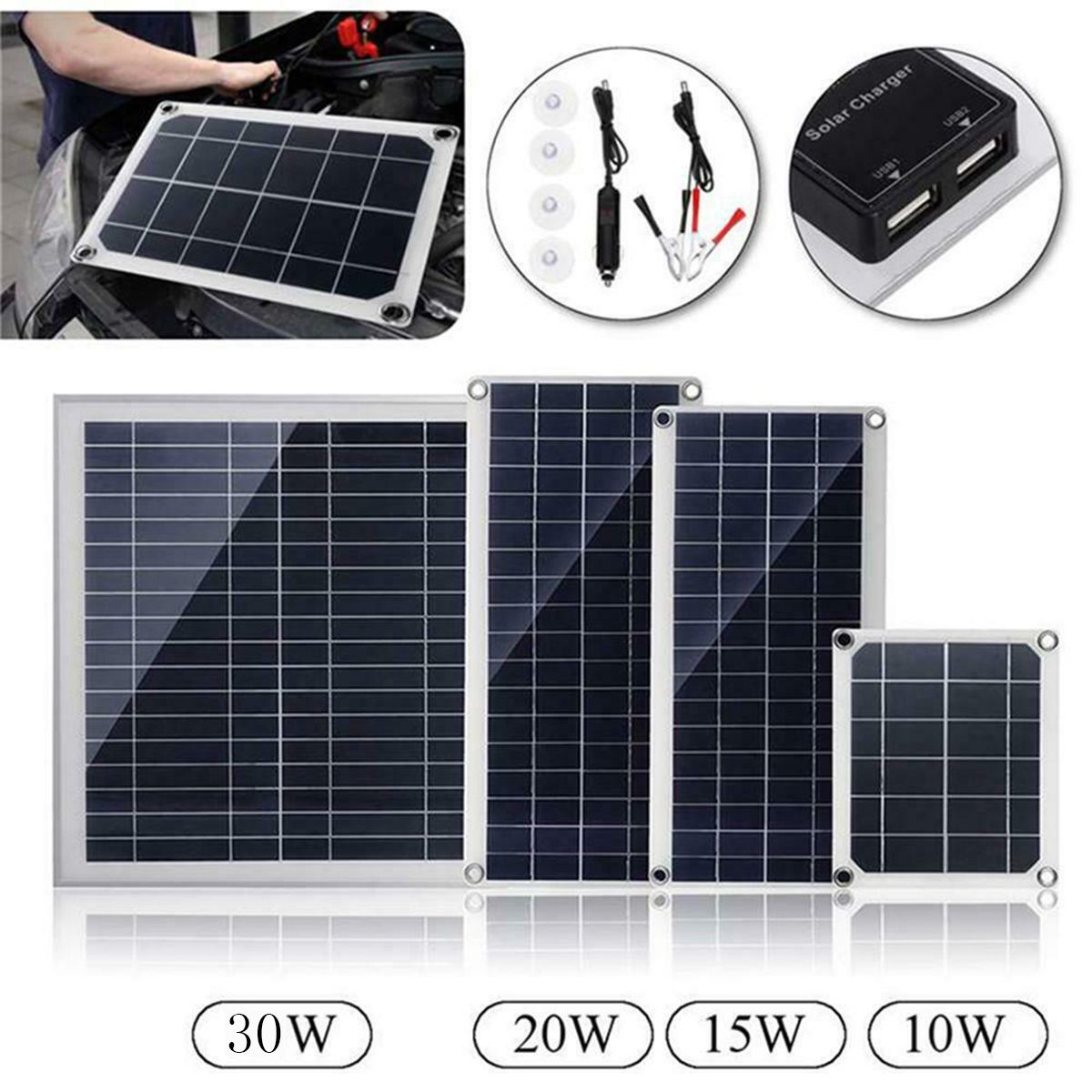The solar cells within monocrystalline panels are a single flat black color which makes them popular among homeowners.
Amorphous silicon panels vs monocrystalline solar panels.
Another operator has a 60 watt amorphous panel out in the field at the same location.
Monocrystalline solar panels are generally thought of as a premium solar product.
Polycrystalline panels are made from multi crystalline silicon that is melted and placed in square moulds before being cut into wafers monocrystalline panels are made from cylindrical silicon ingots that then get cut into wafers.
Instead of being constructed from solid silicon wafers like mono or poly crystalline solar panels amorphous panels are made by depositing non crystalline silicon on a substrate like glass plastic or metal one layer of silicon on an amorphous solar panel can be as thin.
Monocrystalline delivers the highest power output per square inch so that the size of the panel achieves maximum power and where space is a premium or where aesthetics dictate the smallest solar panel possible.
Amorphous vs monocrystalline vs polycrystalline solar panel cell technology source.
Polycrystalline cells are typically found in ridged panels.
To make solar cells for monocrystalline solar panels silicon is formed into bars and cut into wafers.
The formers use monocrystalline cells characterized by black colour and beveled angles.
Like conventional solar panels amorphous solar panels are made from silicon but they are constructed in a different way.
Amorphous silicon cells generally feature low efficiency but are one of the most.
They are less efficient than monocrystalline solar cells and require a larger surface area for the same output.
They feature more pure silicon than polycrystalline.
One operator has a 120w monocrystalline or polycrystalline panel out in the field on a partly cloudy day.
Clean energy ideas polycrystalline solar panels.
One of the reasons people tend to choose monocrystalline solar panels is because of how they look.
They are made of monocrystalline silicon.
This material is composed of aligned crystals that better absorb light when sunbeams are perpendicular to the cell.
They re both trying to power a 12 amp hour bioenno battery during.
Used as semiconductor material for a si solar cells or thin film silicon solar cells it is deposited in thin films onto a variety of flexible substrates such as glass metal and plastic.
The only exceptions being far north queensland and the northern territory where amorphous thin film may have some performance advantages during the hottest times of the year and given the amount of solar radiation in those areas a separate issue to heat.
There is a slight difference in the manufacturing process of different types of solar panels.
Amorphous silicon a si is the non crystalline form of silicon used for solar cells and thin film transistors in lcds.
A similar power amorphous panel would be 50 larger.
Read more about the advantages of amorphous silicon panels.
In most conditions in australia we strongly recommend poly monocrystalline panels.
The main advantages of moncrystalline panels are higher efficiencies and sleeker aesthetics.










